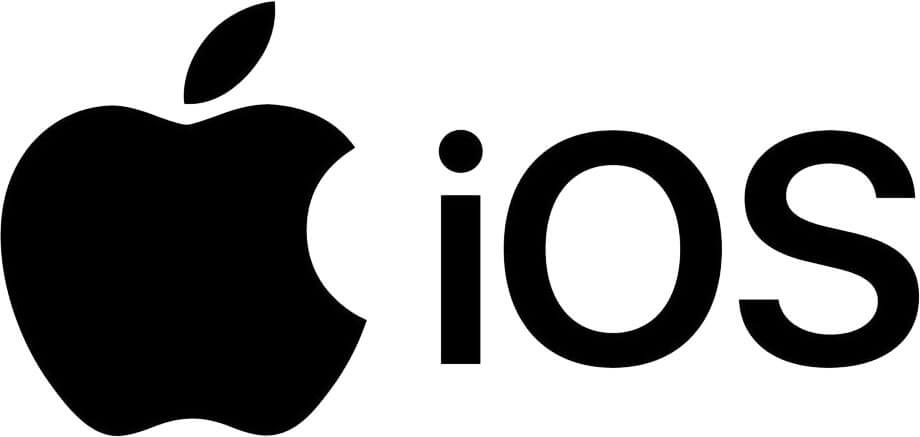Integrated conversion measurement improves conversion reporting for iOS 14+ devices
Google recently announced ICM (integrated conversion measurement) on its Ads & Commerce blog, providing real-time, comprehensive, and accurate reporting of Google App campaign performance to enable smarter and faster decision-making for marketers.
What Is ICM?
According to Google, ICM is “an innovative protocol which provides more real-time, comprehensive, and accurate attribution in your third-party App Attribution Partner (AAP) interfaces.” The protocol leverages privacy-enhancing technologies like on-device conversion measurement using event data to bolster measurable signals without sending granular data off device to the detriment of user privacy. With this move, Google joins the ranks of other major publishers that have implemented nondeterministic attribution.


Google cites that ongoing platform and regulatory changes continue to impact how app marketers understand the true performance of their campaigns—and this couldn’t be more true on iOS. ICM is Google’s answer to improve ROI measurability across the 91% of iOS users who don’t dual opt-in via Apple’s App Tracking Transparency (ATT) framework. Dual opt-in occurs when a user opts in to allow tracking on one of Google’s app properties as well as the advertiser’s target app. Only upon this dual opt-in is the identifier for advertisers (IDFA) available for deterministic attribution. With dual opt-in occurring only 9% of the time, the great majority of iOS conversions have been much more difficult to measure accurately. ICM changes this paradigm for the biggest media partner in the app marketing space.
Key Benefits of ICM
ICM gives Google Ads de-identified in-app event signals that enable real-time and event-level insights—greatly improving both campaign optimization and reporting for iOS and Android apps.

On iOS, ICM gives advertisers improved reporting for app conversions from iOS 14+ users in cases where dual opt-in to ATT is not present.

On Android, ICM gives advertisers better reporting for app conversions from the European Economic Area (EEA) or when a user opts out of device-level permissions.
These improvements are available to advertisers leveraging third-party AAPs such as Kochava, as well as those using Google’s App Conversion Tracking API.
How to Enable ICM for Your Google Ads App Campaigns
Google is rolling out ICM in stages in coordination with AAPs. To get started with ICM, advertisers need to implement on-device conversion measurement using event data by updating to the latest Google Analytics for Firebase SDK, available in June.
Google has outlined the following prerequisites for iOS and Android app marketers wishing to leverage ICM:

- Have an active Google Ads iOS App campaign for install.
- Implement on-device conversion measurement using event data by updating to the latest Google Analytics for Firebase SDK (version 11.14.0), available in June.
- Update your iOS app(s) by integrating Kochava iOS SDK version 9.1, available in June. The SDK will feature new functionality to call on Google’s on-device measurement APIs. See related support documentation.
NOTE:
If you are using a server-to-server integration, you need to pass the on-device measurement “info” string to Kochava. For more information, contact your Client Success Manager or email support@kochava.com.

- No SDK update is required.
- Real-time modeled attribution is available on Android apps for allow-list advertisers.
- Kochava is prioritizing integration updates, and clients are encouraged to reach out if interested.
Once ICM is active for any of your Google Ads campaigns, claims from the Google Attribution API are received and processed according to the “modeled” tier of Kochava’s attribution waterfall.
Got More Questions About ICM and Google Ads?
Please refer to this support documentation for use of Google ICM on your iOS app(s). For questions or assistance with Google ICM and your App Campaigns, please contact your Google Ads account representative or Kochava Client Success Manager, or email support@kochava.com.
To receive important integration and product updates like these in your email inbox, subscribe to our weekly newsletter.



